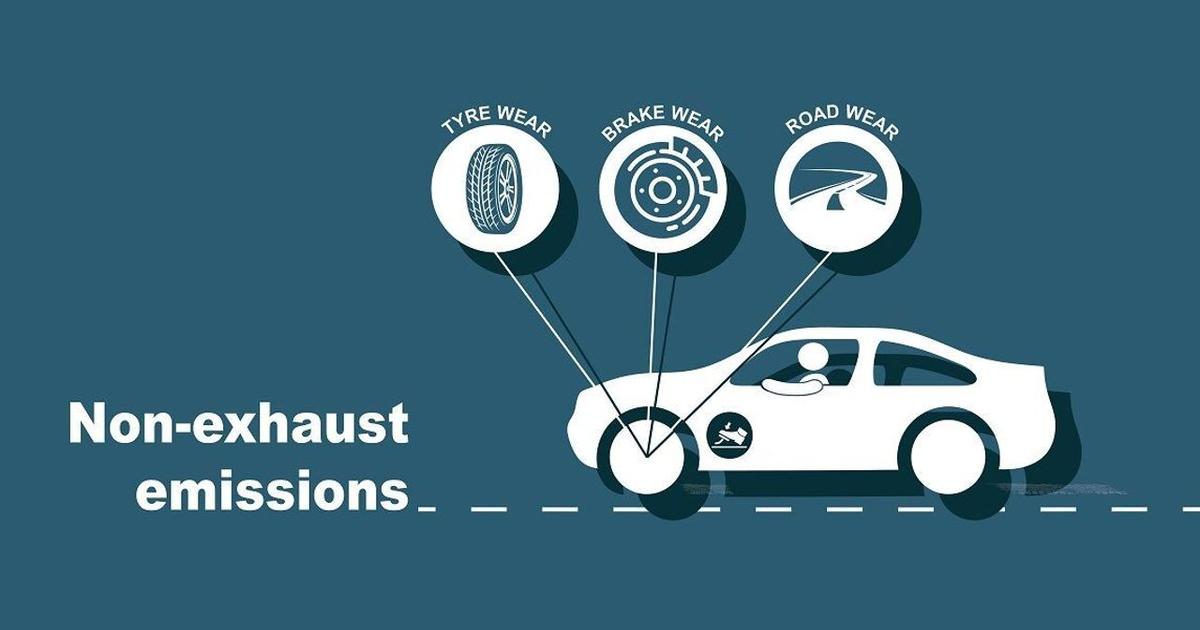Without waiting for the switch to the electric car, the world is discovering that the drastic reduction of particulate emissions from the tailpipe, under European and international regulatory pressure, does not solve all environmental and pollution issues. Non-exhaust emission sources now account for about 80 percent of particulate matter emissions from vehicle use, according to a statement from UNECE, the United Nations Economic Commission for Europe.
These particulate emissions are still unknown and come from the wear of the road, tires and brakes. According to the Federal Environment Agency, abrasion of the brake pads of a light vehicle generates about 20 mg of fine particles per kilometre compared to only 5 mg for an engine with current standards. Each time a driver presses the brake pedal of his vehicle, the friction of the disc and pads generates abrasion in the form of fine particles that diffuse into the air. This also applies to the train and metro. It is also accepted that the metro is one of the most polluted places in Paris.
For example, in order to curb these particulate emissions, the United Nations Economic Commission for Europe has adopted a regulation to measure emissions from braking systems under reproducible laboratory conditions. Emission ceilings for particulate matter generated by braking systems are defined by the countries applying this new technical regulation. For its part, the European Union wants to integrate this regulation into the next Euro 7 standard still under discussion and rejected by manufacturers. Not content with increasing the price of cars by about 1,000 euros, it will force manufacturers to invest significant sums on technologies for depollution of combustion engines that are doomed to disappear in 2035 with the advent of the electric car.
Without waiting for the Euro 7 standard, it would already be possible to reduce fine particulate emissions related to braking by changing the composition of brake pad materials.

